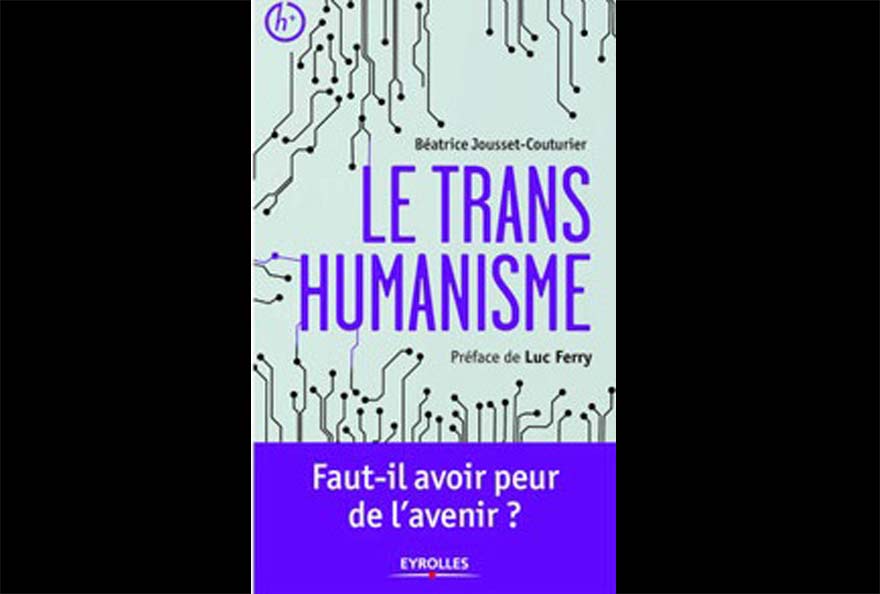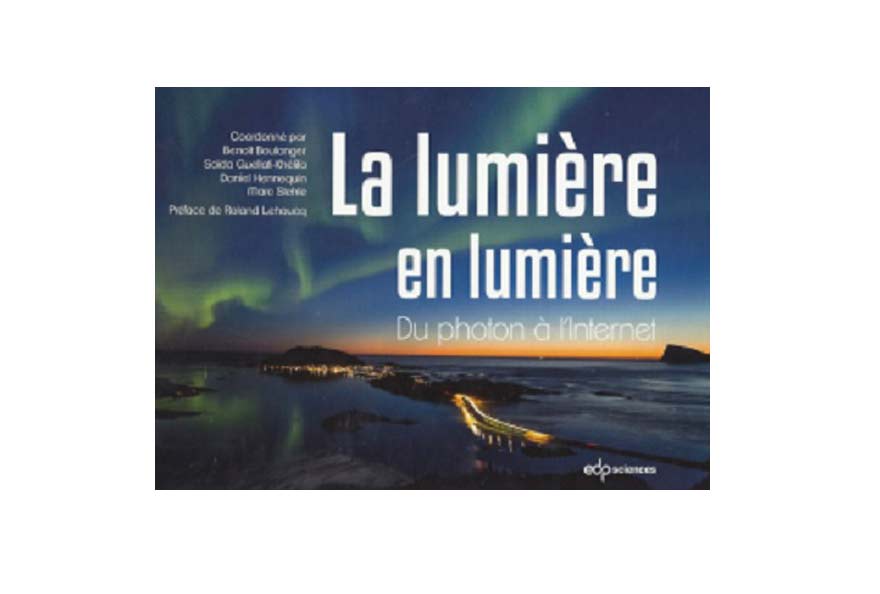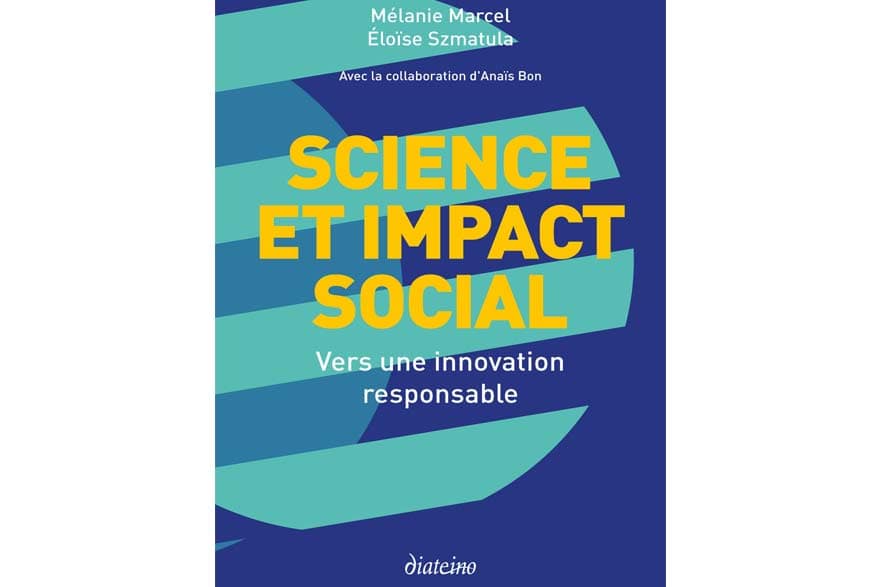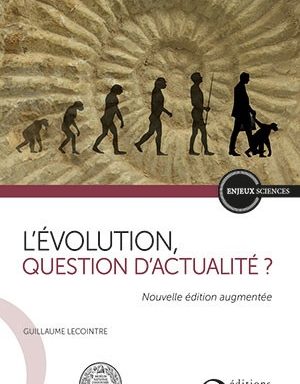Le mot « Transhumanisme », apparait pour la première fois en 1957 sous la plume de Julian Huxley, frère de l’auteur « Le Meilleur des mondes », pour décrire un homme voulant dépasser ses limites. Dans son édition 2017, le Larousse introduit ce mot et le définit comme : « Un courant de pensée qui vise l’amélioration des capacités intellectuelles, physiques et psychiques de l’être humain grâce à l’usage de procédés scientifiques et techniques (manipulation génétique, nanotechnologies, intelligence artificielle, etc) ».
En langage transhumaniste, on peut traduire cela par : moins souffrir, moins vieillir, moins mourir. Ou encore : vivre plus longtemps et en bonne santé !
Le courant transhumaniste s’est véritablement développé dans les années 1980 aux États-Unis, sur la côte californienne. Initié par la communauté américaine des geeks, le mouvement s’enracine dans la Silicon Valley et se constitue d’ingénieurs, de scientifiques, de techniciens, d’informaticiens, mais aussi d’une élite littéraire, de philosophes, d’écrivains, de futurologues.
La World Transhumanist Association (WAT) est créée en 1998 par Nick Bostrom et David Pearce et devient en 2008 Humanity+, actuellement dirigée par Natasha Vita-More. En France, l’association transhumaniste « Technoprog », présidée par Marc Roux, voit le jour en 2009.
Depuis toujours, l’homme cherche à combattre la mort, la maladie ou la souffrance et il est désormais bien établi que notre évolution résulte d’interactions entre notre ADN, nos technologies, et notre environnement. Alors qu’est ce qui a changé pour que nous soyons autant perturbés par ce mouvement et ce qui l’entoure ?
En premier lieu, nous ne nous attaquons plus uniquement à la transformation de la matière, des éléments extérieurs qui nous entourent, mais directement à celle de notre corps. En second lieu, la troisième révolution industrielle qui voit naitre l’informatique, et ses multiples applications, ouvre un champ des possibles aux nouvelles technologies jusque-là inimaginable. Enfin, l’accélération de ces moyens grâce à Internet, nous fait entrer dans l’ère de la mondialisation, abolissant par la même toutes frontières.
Ces bouleversements, arrivés beaucoup trop vite pour que nous ayons le temps de les assimiler, ne sont pas sans conséquences sur notre quotidien et touchent tous les domaines de la société : économique, social, scientifique, éthique, littéraire, philosophique, industriel, religieux, financier, etc… Un seul, malheureusement, reste peu ébranlé pour le moment : le politique.
Et pourtant ! Dans cette ascension technologique sans précédent, un pays aussi bioconservateur que le nôtre, risque, s’il ne se met pas très vite au niveau des autres pays développeurs, de décrocher. Souhaitons-nous être les vassaux des Etats Unis, de la Corée du Sud ou de la Chine ? Cette dernière entend même désormais concurrencer les États-Unis sur leur propre terrain : GAFA contre BATX. Mais contrairement à nous, les Chinois n’ont aucun état d’âme quand il s’agit de trafiquer l’humain. Preuves en est qu’ils travaillent sur le séquençage des gènes d’individus aux QI très élevés. Que feront-ils de leurs découvertes ? Les droits de l’homme, l’éthique ? Connaissent pas !
Les NBIC de leur côté, feront peut-être émerger une combinaison de métal, de plastique, mêlé de chair et d’os, le tout reliée à une intelligence artificielle (IA) centrale, une intelligence artificielle dite « forte » ; Alors là aussi, attention, danger ! De telles perspectives effraient beaucoup, même ceux qui en sont les pourvoyeurs. En juillet 2015, le cofondateur de PayPal Elon Musk, l’astrophysicien Stephen Hawking et le créateur de Microsoft Bill Gates, inquiets de la possibilité de voir des robots tueurs autonomes se propager, ont signé une pétition pour alerter contre les dérives possibles liées à l’IA.
Pourtant, le mouvement transhumaniste n’est que le reflet de notre siècle, de notre modernité, de nos sociétés, de notre évolution, et peut, s’il est bien dirigé, être une réponse à notre évolution. Le plus souvent mal interprété, mal compris, mal expliqué, donc caricaturé, il engendre des peurs légitimes, largement amplifiées par des films et séries de science-fiction. Les nouvelles technologies comprises comme un moyen vers l’amélioration de notre humanité ne sont pas condamnables. Il faut juste nous éduquer et comprendre ce qu’elles engendrent, car, on ne peut revenir en arrière, ni désapprendre un savoir.
Est-ce que pour autant, si tout devient possible, tout est souhaitable ?
En plus de cette interrogation fondamentale, de graves questions économiques, politiques, sociétales, vont se poser dans les années à venir ; Si nous ne voulons pas sombrer dans la dépression générale, le totalitarisme, le nationalisme ou l’intégrisme religieux, il va falloir y réfléchir, les solutionner.
Alors, essayons de garder raison, de nous préparer aux changements, tout en préservant notre créativité et notre intériorité, les deux piliers fondamentaux de notre humanité.
(Source : Forum Atena)
Béatrice Jousset-Couturier est scientifique de formation, docteur en pharmacie, diplômée en droit de la santé et en bioéthique. Elle a travaillé pour plusieurs laboratoires pharmaceutiques avant de soutenir en 2014 une thèse sur le transhumanisme.
Pour aller plus loin :
– Film « Immortalité, dernière frontière » écrit par Caroline Arrighi de Casanova et Sylvie Blum – Production Les ZEDitions Sciences de What’s UP.
– Livre « Demain les posthumains : Le futur a-t-il encore besoin de nous ? » de Jean-Michel Besnier – Edition Fayard/pluriel, 2012.
– Livre « Les robots font-ils l’amour ? Le transhumanisme en 12 questions » de Laurent Alexandre et Jean-Michel Besnier – Edition Dunod, octobre 2016.
S’abonner
Connexion
0 Commentaires
Inline Feedbacks
View all comments












